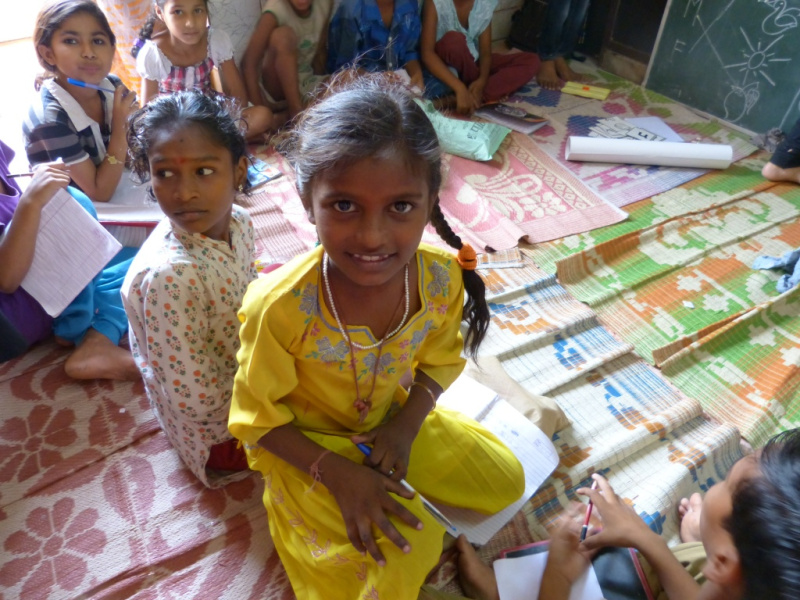A Girl called Braveheart: India's broken heart
Jan 21, 2015
First story

They called her Braveheart, a name that symbolizes a fighter. People have also called her Fearless and India’s Daughter. Due to Indian law, the real name of a rape victim is withheld from the press. For some reason the name Braveheart seemed to stick.
Months after her tragic, horrifying death Delhi’s Braveheart continues to tear away at Indian society and many Indians’ cry for change. Braveheart’s December 16th gang rape on a moving bus has gained worldwide attention, outrage and grief. Further high-profile rapes such as the recent rape of a Swiss and American tourist have continued to push the not so pretty truth about the status of women in India into the forefront. Meanwhile, India’s tourist industry has been reeling with a 35 % decline in female tourists for the first three months of this year compared with the same period last year (Source: Associated Chambers of Commerce and Industry in India). It is evident that foreign women travelers are concerned about the dangers of traveling to a place with such a tarnished reputation for women’s rights and safety.
In a country where a rape is reported every 21 minutes, and gruesome rapes of young children are inundating the news, you would think that it would be enough to push for societal and governmental change. Yet has anything really truly changed for the millions of women in India and around the world who are faced with violence, discrimination, harassment, intimidation, neglect and unworthiness every single day of their lives?
A recent trip to India along with the frightening estimate published this week from the World Health Organization (WHO) that “a third of women worldwide suffer domestic or sexual abuse” has got me thinking and caused me to do some research. Here are some of the tragic facts I found:
-Crimes against women in India are rising. Per a recent article in the BBC, “With more than 24,000 reported cases in 2011, rape registered a 9.2% rise over the previous year. More than half of the victims were aged between 18 and 30. More disturbingly, the offenders were known to their victims in more than 94% of the cases. Delhi accounted for over 17% of the total number of rape cases in the country”.
-In India alone, a rape is estimated to occur every 21 minutes and many go unreported. (Source: BBC)
According to the United Nations, more than 600 million women live in countries where domestic violence is not considered a crime.
-40 percent of women killed worldwide were slain by an intimate partner (Recent findings by WHO).
-The highest rate of domestic violence against women is in Africa, the Middle East and Southeast Asia: 37% of women experienced physical or sexual violence from a partner at some point in their lifetimes. (Source: WHO)
-Even here in Minnesota, women have suffered from violence and abuse. According to the Minnesota Coalition for Battered Women, since 2000 271 women have been killed by a former or current husband or boyfriend. (Source: Star Tribune).
The facts are an ugly reminder that the status of women worldwide needs to change. In India alone, women’s rights are still an uphill battle as the status of women is deeply engrained in India’s long culture and history of patriarchy and misogyny. Male babies remain the sex of choice and female fetuses are still aborted. Girls are less likely to go to school than boys, often marry young and often suffer abuse, neglect and a life of poverty.
Per the beautiful, powerful documentary “Girl Rising” (10×10), there are millions of girls and women in the developing world whose potential remains untapped. Worldwide, there are 66 million girls out of school. 14 million girls under the age of 18 will be married just this year, which is 38,000 girls married today and 13 girls married in the last 30 seconds. More disturbing is that the number one cause of death for girls age 15-19 is childbirth. These unsettling facts must change in order to have a more equitable world.
There is so much hope. Hope for a brighter future for not only the girls and women of the world, but society as a whole. Years of oppression aren’t going to fade away easily. It will take time. Yet there is hope that we will someday live in a world where all human beings are treated as equals, and women will have the same rights and opportunities as men.




